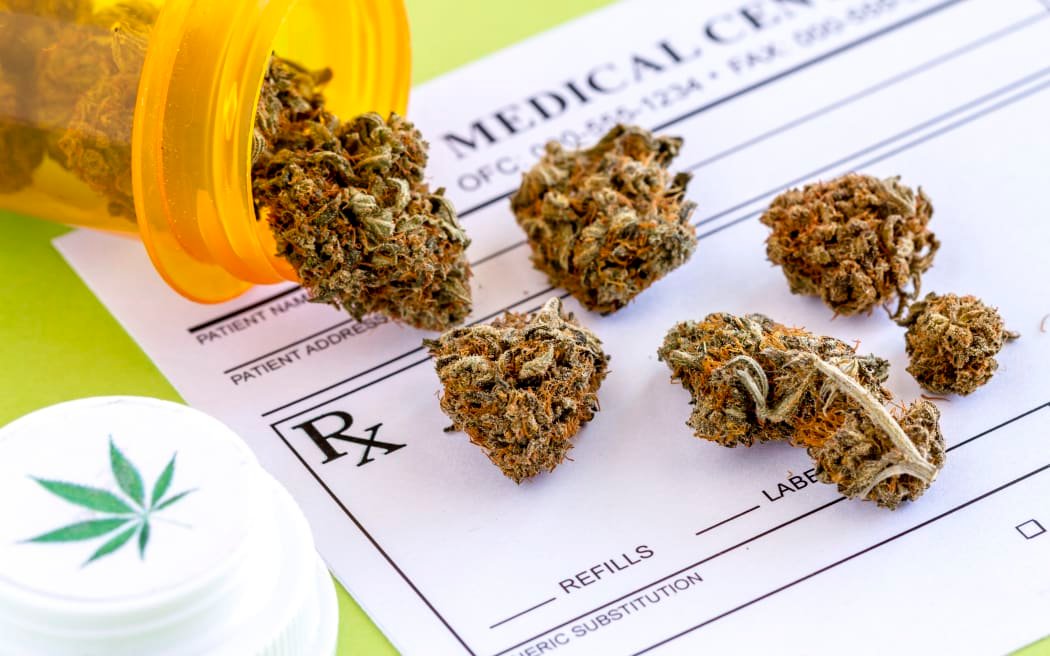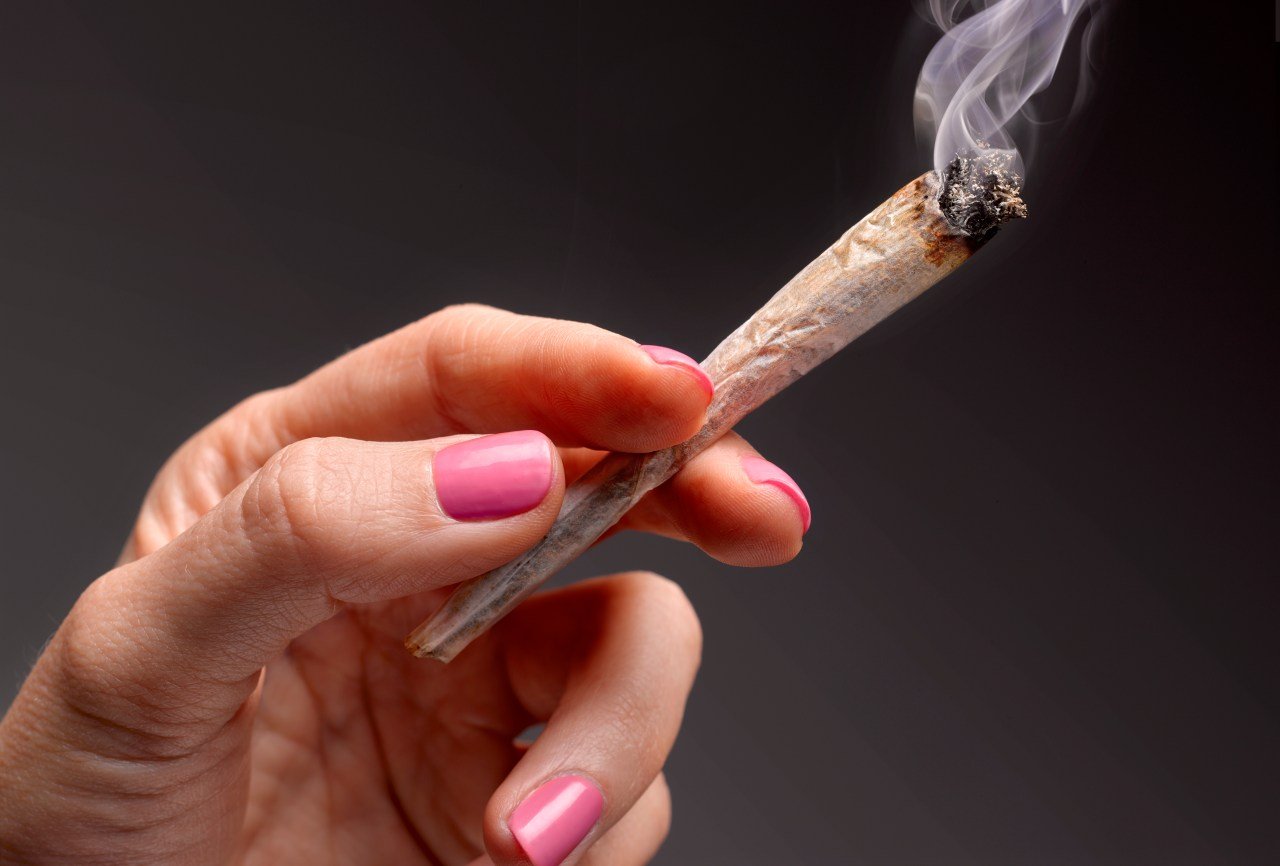During the recent legislative session, Texas lawmakers prioritized the prohibition of tetrahydrocannabinol (THC) products, shifting the focus from recreational use to an expansion of medical marijuana accessibility. Senate Bill 3, a key piece of legislation, aims to ban consumable hemp products containing synthetic cannabinoids, commonly referred to as delta-8. Lieutenant Governor Dan Patrick championed this bill, citing concerns about THC’s impact on children.
In a move to balance this restriction, House Bill 46 passed, broadening the state’s medical marijuana program. This legislation allows for a wider variety of products and adds conditions such as traumatic brain injuries and chronic pain to the list of qualifying ailments. The intention behind linking these two bills was to offset the loss of recreational hemp options with an expanded medical marijuana market.
Texas’s hemp industry, which was legalized in 2019, has grown significantly, generating around $8 billion and employing approximately 50,000 workers. However, critics argue that the industry has exploited legal loopholes, with over 8,000 retailers selling THC-infused products. SB 3 is set to enforce strict penalties on violators, including fines up to $500 for possessing products with intoxicating compounds, and harsher penalties for repeat offenders.
Supporters of the hemp industry, including aging Texans and veterans, have voiced concerns over the proposed ban, citing the benefits of easy access to a variety of products. In contrast, some parents advocate for the ban due to fears about children consuming these products. The Texas Hemp Business Council has actively campaigned against the new legislation, delivering 5,000 letters and a petition with over 120,000 signatures to Governor Abbott, urging him to veto the bill.
If signed into law, HB 46 will streamline operations for medical cannabis providers, who currently must manage all aspects of cultivation, processing, and dispensing under one roof, complicating distribution and increasing costs. The new law will permit off-site storage, introduce new products like inhalers and vaping devices, and increase the number of dispensaries from three to twelve.
While the session predominantly focused on THC regulation, Texas also passed Senate Bill 2308, which establishes a state-funded consortium for researching ibogaine, a psychedelic that may help treat substance use disorders. This initiative could position Texas as a leader in psychedelic research, supported by a $50 million state appropriation.
Despite the emphasis on THC regulation, several proposals intended to combat drug overdoses did not progress. Notably, HB 1644, which sought to legalize fentanyl testing strips, did not advance in the Senate, even after passing unanimously in the House. Critics of the testing strips argue they may encourage drug use, though advocates contend they could save lives by promoting safety awareness.
Furthermore, Senate Bill 1732, which would have allowed medical professionals to prescribe medications for opioid use disorders, also failed to receive a hearing. However, House Bill 4783 was enacted, mandating the Texas Health and Human Services Commission to report biannually on the distribution of opioid reversal drugs like Narcan, outlining current supply shortages and addressing high-risk areas.
Overall, the legislative session reflects a significant shift in Texas’s approach to cannabis, balancing the tightening of recreational use with a push to enhance medical options.




